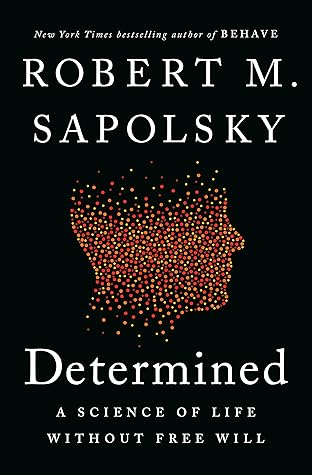More on this book
Community
Kindle Notes & Highlights
Read between
November 19 - November 22, 2023
theists are more likely than atheists to live their moral lives in the context of a cohesive social group.
Once you actually observe what people do, rather than listen to what they say, there’s no difference between theists and atheists in rates of blood donations, amount of tipping, or compliance with “honor system” payments; ditto for a lack of difference in being altruistic, forgiving, or evincing gratitude. Furthermore, there’s no difference in being aggressive or vengeful in experimental settings where subjects can retaliate against a norm violation (for example, by administering what they believe to be a shock to someone).
Collectively, the studies examining what people actually do in an experimental setting show no difference in ethical behavior between the two groups.
Once you control for sex, age, socioeconomic status, marital status, and sociality, most of the differences between theists and atheists disappear.
lower average rates of religiosity in a country predict lower levels of corruption, more tolerance of racial and ethnic minorities, higher literacy rates, lower rates of overall crime and of homicide, and less frequent warfare.
The results? Free-will skeptics (of whatever stripe) and free-will believers were identical in their ethical behavior.
we don’t change our minds. Our minds, which are the end products of all the biological moments that came before, are changed by circumstances around us.
The last chapter’s point was that while change happens, we do not freely choose to change; instead, we are changed by the world around us, and one consequence of that is that we are also changed as to what sources of subsequent change we seek.


